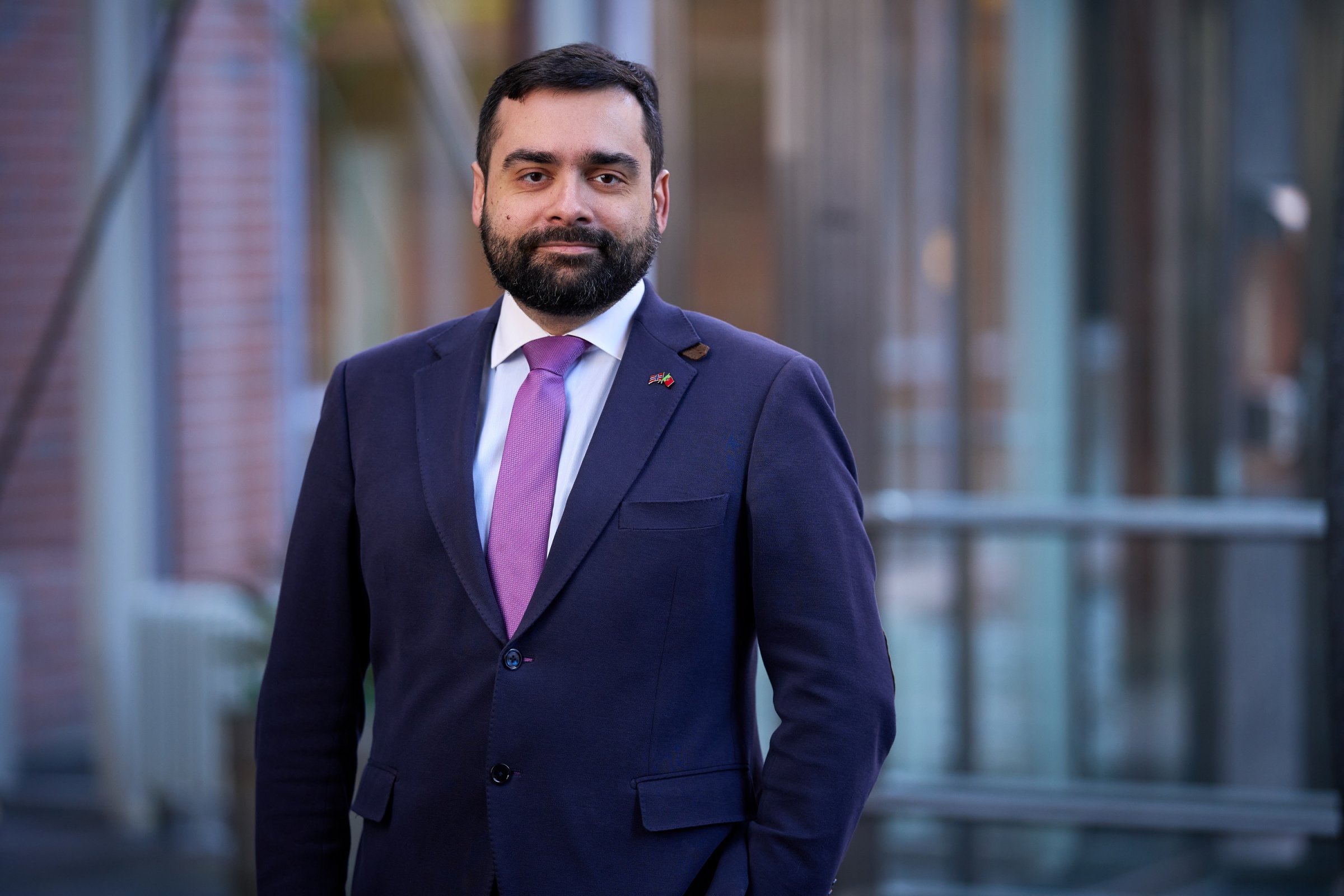To a new top position in Europe
The European Food Safety Authority (EFSA), an EU decentralised agency, which main role is to provide scientific advice on existing and emerging risks associated with the food chain in Europe, has offered Prof. Carlos Gonçalo das Neves (41) the position as their new Chief Scientist. Today, Carlos das Neves is Director of Research and Internationalisation at the Norwegian Veterinary Institute.
-On behalf of the Norwegian Veterinary Institute, I would like to congratulate EFSA and Carlos G. das Neves on such a relevant new position in an area also so important to us in the Institute and to Norway. We are of course sad that he is leaving us for now, but at the same time I hope Carlos can help strengthen our partnership with EFSA, with whom we share a common vision for a more sustainable future for safe food and healthy people, animals and the environment, says Director General Torill Moseng.
The Norwegian Veterinary Institute and the Ministry of Agriculture and Food have supported his candidacy for the new position. The Norwegian and Portuguese national will start in his new job in Parma, Italy 1. November 2022. See news release from EFSA.
-I am very pleased and honoured with the invitation to the position of Chief Scientist in EFSA. I am grateful to the Norwegian Veterinary Institute and all my colleagues for everything I have learned since I started in 2013, and not least for the amazing professional and personal opportunities, I`ve been given. I have learned a lot as a person, a researcher, and a leader, and these experiences will undoubtedly help me succeed in this new challenge in Europe, says Carlos das Neves.
Background
Das Neves holds a Ph.D in veterinary science. He is known for his active work on One Health and as a member of international panels working on biodiversity loss, one health and the drivers and causes behind the pandemic and how to prepare the world for new threats. He is also a Professor at the UIT – The Artic University and was until recently the President for the International Wildlife Disease Association. His research and teaching includes topics such as animal health, biodiversity, wildlife health, emerging health threats and One Health.
